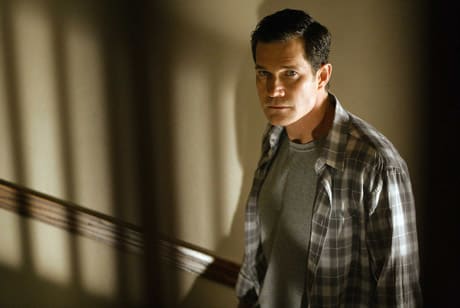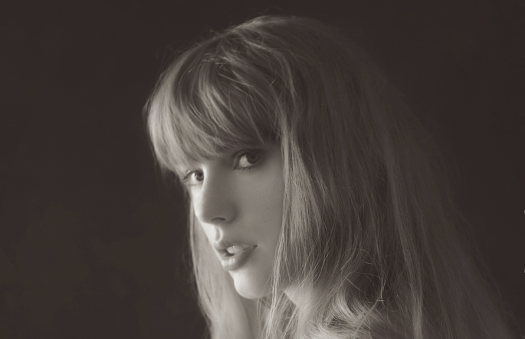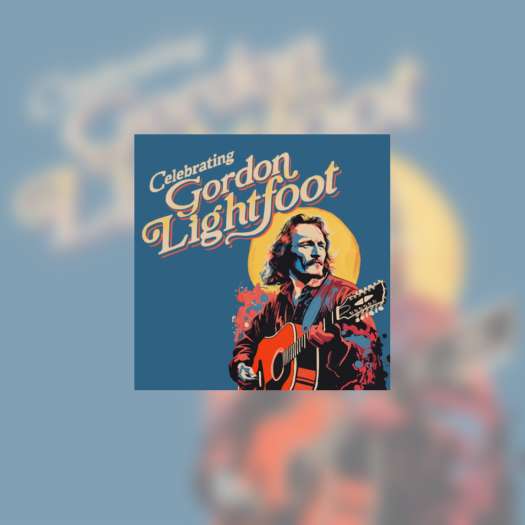In the original 1987 version of The Stepfather, with Lost's Terry O'Quinn and '80s scream queen Jill Schoelen, a psychotic man determined to form the perfect traditional family moves in with a widow and her daughter, only to become enraged when life there proves less than idyllic. In addition to expressing consternation over a mutated nuclear family hegemony, which was common for the decade, it also commented on the insanity of expected domestic perfection, closing with a not-so-subtle metaphoric castration of a birdhouse erected by the titular stepfather, creating an interesting dichotomy. It was a clever, if imperfect, film worthy of analysis, which makes the stylistically leaden, facile remake that much less flattering. In this updated version, Dylan Walsh steps into the step dad role, taking a stiff, monotone approach to crazy, while Gossip Girl's Penn Badgley tackles the teen angst role, replacing the original women in peril angle with male territorial pissing. Very little actually unfolds on the characterization front, with Walsh looking sinister and Badgley constantly questioning the new alpha male's shady background, despite many warnings from his comely girlfriend (played by Amber Heard), who has little purpose beyond that of devil's advocate. A lesbian gets involved, as does the ex-husband, but these interjections exist only to stir a little tension before the inevitable climax. Since the film is preoccupied with reasserting male power in a culture where its implicit dominance is starting to waver, the only fascinating perspective - that of the lonely mother of three willing to overlook anything if it means having a man - is almost entirely ignored, being categorized with a blanket understanding that women are nothing without men. Instead, we get a lot of rushed exposition and passionless arguing with a night time television aesthetic and depth. Small screen vet Nelson McCormick doesn't have the mastery and distinction of multiple mediums that directors like Jamie Babbitt and Nicole Holofcener do. On the commentary track and "Making of" supplement, he discusses his directorial style, which apparently frames Walsh's unravelling persona with increasingly erratic camerawork. This was barely discernable in the film. Also included with the DVD are a gag reel and stunts featurette, along with interviews that praise Badgley and Walsh as nuanced actors, while commenting that Amber Heard looks good in the swimming pool. Subtle.
(Sony)The Stepfather
Nelson McCormick

BY Robert BellPublished Feb 10, 2010



